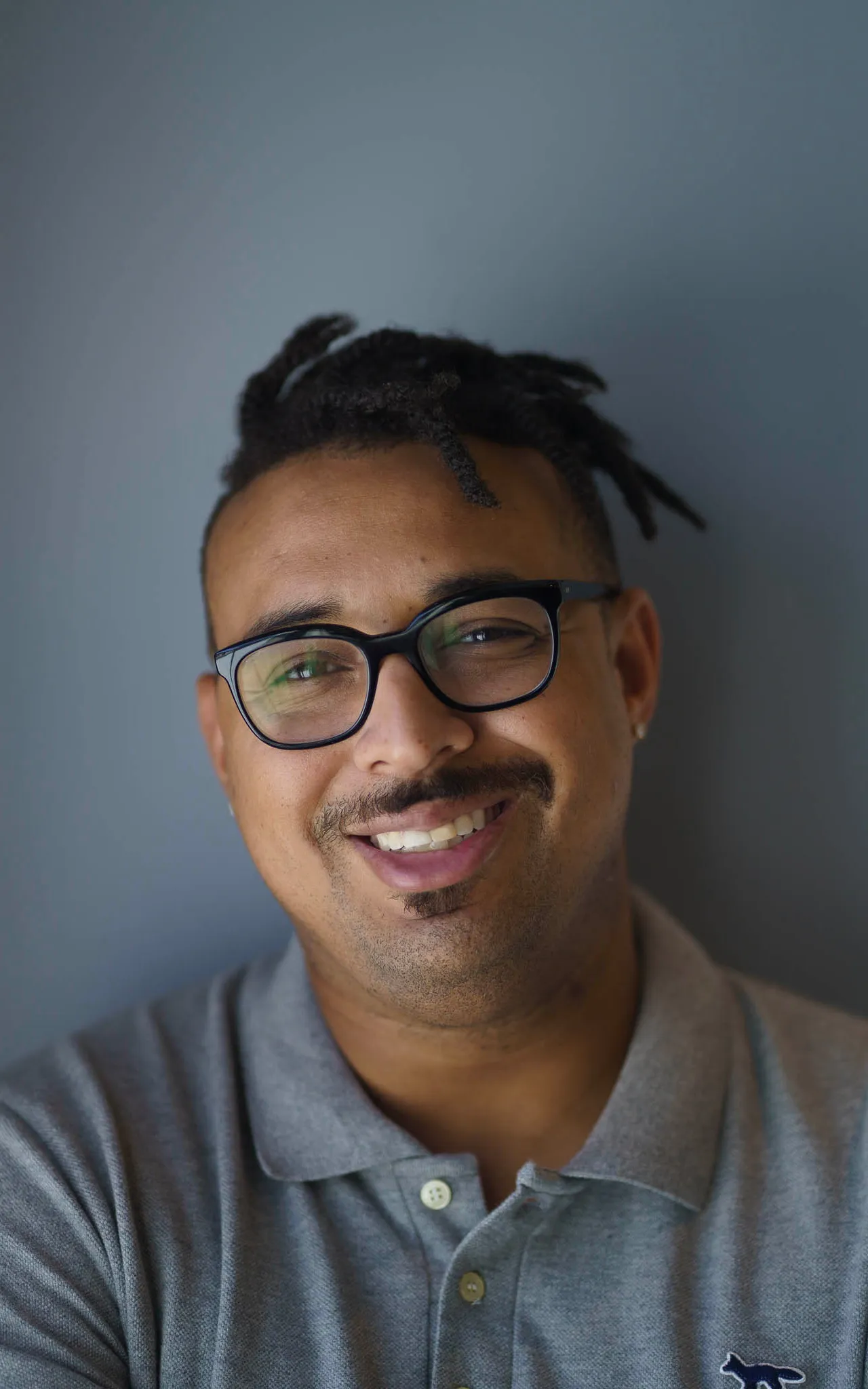A UNCF effort to build an online education platform called HBCUv for historically Black colleges and universities has plenty of voices in the room.
They include nine HBCUs that are slated to be on the platform by fall 2023. And eventually, the goal is to open the platform up to all HBCUs.
Also deeply involved is an arm of Deloitte Digital, called Ethos. Edward Smith-Lewis, vice president for strategic partnerships and institutional programs at UNCF, called the group and Deloitte "an extension of our team."
Higher Ed Dive talked with Smith-Lewis about his perspective on HBCUv for a Q&A published last week. Now we're publishing a conversation with a leader at Deloitte, senior manager Nathan Young, who is also head of strategy for Ethos, for another view of the project.
This interview has been edited for clarity and brevity.
HIGHER ED DIVE: How do you view the HBCUv project?

NATHAN YOUNG: The HBCUv platform is an extraordinarily ambitious initiative. It's kind of a moonshot in terms of education.
Not only are we looking to kind of connect and unite all of the HBCU campuses in America in a connected online platform where students from, say, Howard University can take classes from Claflin University in a seamless manner, not only are we trying to deliver a best-in-class learning and [learning management system] experience, but we're also trying to create a social experience that kind of rivals that social experience that HBCUs are famous for — where you make those lifelong connections, those lifelong bonds with your peers.
What challenges does that pose?
There is a challenge on the technical level. How do we create software that is kind of cutting edge, industry leading, and deliver it in a cost-effective manner? But it's also social or societal. How do we capture or reimagine the things that make attending an HBCU so special to the millions of Black students who have attended? How do we capture that special sauce? How do we translate that into an online environment?
What is it like to work with nine different colleges during development?
They've all been vocal and active before we even got into the base-level concepting of the platform, from the time it was like an idea on the back of a napkin to today. We have a pretty clear vision of what we're trying to build.
The nine institutional partners have been there with us every step of the way, not only providing their own guidance and opinion, but also offering up their faculty, their staff and their students so we could get their insights.
If you look at the institutional partners, there is quite a diversity there, from larger institutions to smaller institutions, Christian institutions to nondenominational institutions. That was really intentional in the selection of the nine partners for the early phase.
Can you compare what you're building to existing technology?
We want to take what is great about the current slate of LMSs and infuse some of that new thinking, infuse some higher production value into it, infuse the prioritization of student choice and student flexibility. Give students the opportunity to provide real-time and just-in-time feedback to their professors so that courses can get better and evolve.
We certainly would not be able to build the platform we're attempting to build without the advancements that have been made by some of the pioneers in LMSs, but what we're trying to do is push it the next step forward.
Do you expect any technical hurdles?
I think the first technical hurdle is going to be integration with the student information systems. It's one thing when you're building the platform that connects with one institution's student information system. It's quite another when you have to build a system that connects with, in pilot, nine different institutions. But ultimately the goal is to have every HBCU on this platform — so hundreds of student information systems.
How do we connect the data, make sure it connects to the right account? How do we make sure grades come back? How do we make sure student data is protected?
Most of the platforms are doing it on a one-to-one basis. We're doing it on a one-to-many basis. That ramps up the technical challenge.
What else?
Another kind of challenge is how do we handle the cross-registration between different universities? Our goal is if you are a student at any HBCU, you can take a class from any other HBCU that offers classes on HBCUv. So how do we handle that cross-registration in a seamless way? How do we handle the billing? How do we fairly work out cost-sharing and the distribution of funds?
The last technical challenge that we have to sort out is if social networking features are going to be core to this platform. The ability to discover students, not just at your school but from across the network, connect with them and meet with them, that is the core goal.
We don't want to duplicate Facebook. We don't want to build a social network on top of an LMS. What is the right level of connection?
Much of what you're talking about seems to involve rethinking design choices that we think of as normal — but that don't necessarily have to be defaults in the future.
We heard time and again, not just from the students but from the faculty members themselves: We've got to figure out a way so the software doesn't get in the way of creating connections between the faculty and the student, but in fact facilitates those connections.
A lot of the LMSs out there figured out how to submit homework. They figured out how to provide multiple-choice quizzes. They figured out how to make grading easy for professors.
So we're not reinventing the wheel entirely.
Do you have anything to add about the development process?
We actually followed students around in their day-to-day life, got a sense for how they live their lives.
We spent a considerable amount of time with teachers and faculty members, showing them different concepts saying, "Would this make your life better?"
Will Deloitte be able to market this product elsewhere?
This platform, I want to be clear, is an asset of the United Negro College Fund. And it's governed by all of the member institutions. Deloitte has no ownership stake whatsoever.
Do you have anything else you'd like to add?
We're not building a MOOC. We're not building edX. We're not building Coursera. We're not building anything like that.
We are building something that is designed to drive the attainment of degrees.
In order to attend HBCUv, you need to be enrolled in school, and all of the courses that we're going to be providing will provide real college credit. That's a huge differentiator for online platforms now.





















